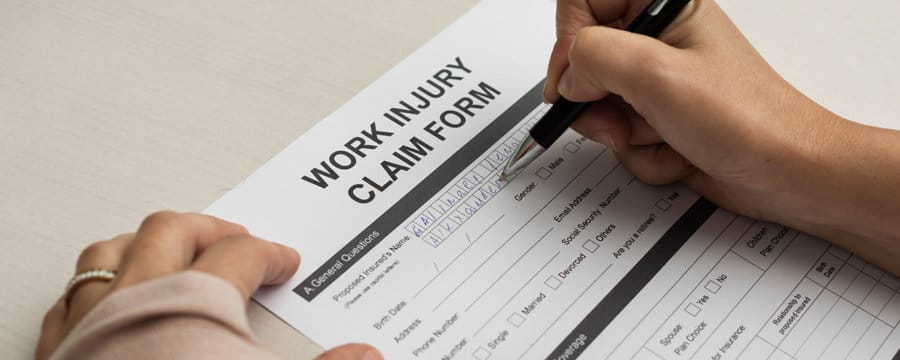Workers Comp Appeals – Understanding the Appeals Process for Denied Claims
You can request a review if you or the insurer disagree with a judge’s decision. This type of appeal takes place before an administrative law judge.
Appeals are complex and time-consuming processes, and the deadlines vary by state. Therefore, it’s best to work with a workers’ compensation lawyer. This is the first step towards winning your case.
File a Request for a Hearing
If your employer’s insurance company denies you benefits, acting quickly is essential. Look for the appeals process information in your denial letter, and consider working with an experienced workers’ comp lawyer.
The next step is to file a request for a hearing. This will allow both sides (you and your employer’s insurance company) to present evidence at a conference before a workers’ compensation judge. Attorneys may represent both parties, and witnesses can be called to testify.
After a formal hearing, the judge will issue a ruling. If the decision is unfavorable, you can request a review with a board panel. The panel will decide whether to affirm, modify or rescind the judge’s decision. Your workers’ comp attorney can help you prepare and submit a strong argument for why the decision should be overturned. The process varies by state, and it is often a lengthy one. The Appeals Board typically won’t overturn a judge’s decision, but they will listen to your arguments and the evidence you provide.
Request a Review
A workers’ comp hearing allows you (or your attorney) to share your side of the story with an administrative law judge. The insurer also has a chance to present evidence, including medical reports and bills.
The insurance company may argue that your injury or illness is not work-related, is not the result of your employment, or was caused by an activity outside of the workplace. Moreover, the insurance company may try to deny your claim by mixing up paperwork or missing a deadline.
Working with an experienced Queens workers’ compensation lawyer throughout the appeals process is critical, as this greatly enhances your chances of a successful outcome. If the presiding judge rules in your favor, you will start receiving benefits, including back pay for any lost wages. However, if the judge rules against you, you can still file a second appeal with the Workers’ Compensation Board. This is done by submitting your request to a panel of three Workers’ Compensation Board members, who will review your case and can affirm, modify or reverse the judge’s ruling.
File an Appeal
In many cases, workers’ compensation denials can be appealed. However, specific rules for filing appeals vary from state to state. Having a workers’ comp attorney who knows the law in your state can help you determine whether or not there are good reasons to file an appeal.
For example, if the insurer denied workers comp claim because it was filed after you left your job but reported the injury while still employed, you might have grounds to file an appeal. In addition, if the appeal board rules against you and you believe mistakes were made, you can file an appeal with the higher court.
You can appeal in New York with the Appellate Division, Third Department, Supreme Court of the State of New York. You must do so within 30 days of the appeals board’s decision. To proceed, you must submit a brief legal argument with supporting documentation.
Attend a Hearing
Typically, workers’ comp hearings take place before an administrative law judge. They will hold a pre-hearing conference, review medical reports, and consider other evidence before deciding and setting the benefits you will receive. The injured worker, their lawyer, the insurance company’s lawyer, and a hearing officer may all be present. The proceedings are often recorded digitally.
During the hearing, you will argue that work-related conditions caused your injury or illness and should result in an award of benefits. The insurance company will argue that it was not and that your benefits should be reduced.
If you are not satisfied with the results of your appeal, you can file a request for review at the Compensation Review Board (CRB). The CRB is made up of two Administrative Law Judges and the Chairman of the Workers’ Compensation Commission. The CRB can affirm, modify, or reverse the Appellate Division decision. Appeals from this level are rare and are usually reserved for cases that involve an unsettled question of law.
